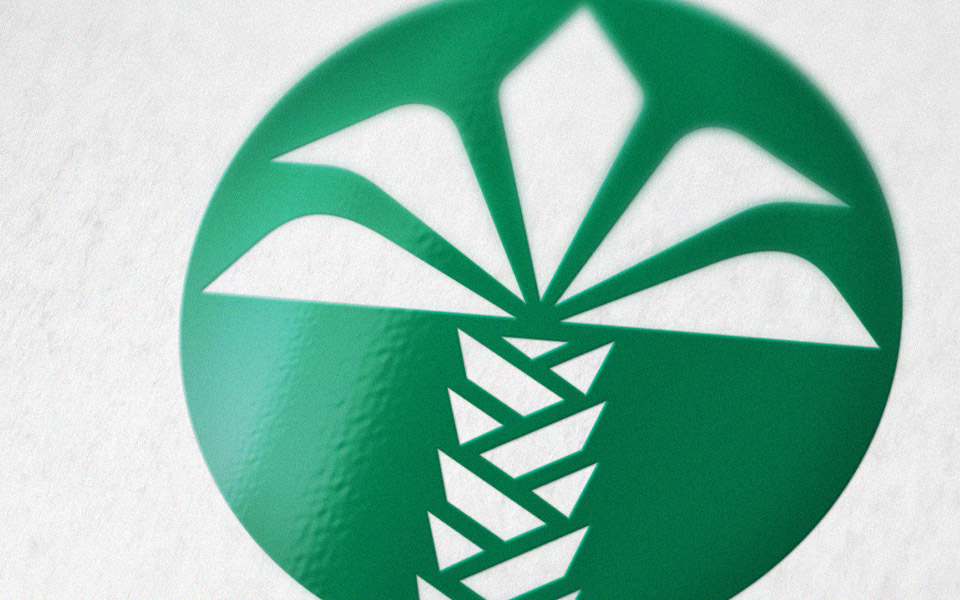Islamic Banking
Islamic. Meaningful. Trading. – As Germany’s first Islamic bank, we offer a comprehensive portfolio of Islamic financing and investment products and services according to the value-conscious, socially responsible and transparent principles of the Islamic banking sector.
In Islamic banking, interest-bearing moneylending (in Arabic „riba“) is prohibited, as well as transactions involving gambling or any games of chance („maysir“) and highly speculative transactions (gharar). The KT Bank AG only invests in Islam-compliant lines of business. Investing in businesses that provide goods or services considered contrary to Islamic principles, like those involving alcohol, pork, gambling, arms and tobacco, among others, is also prohibited.
Every transaction is asset-backed and thus supports the real economy. Securitization of each transaction with an underlying asset is mandatory. Islamic banking is also a part of the SRI („Socially Responsible Investment“) sector. Basic principles concerning a consistent risk management or good corporate governance are valid in both, the Islamic and the conventional banking sector, and contribute to a stable and functional international banking system. The KT Bank AG is a contemporary Islamic bank and as such welcomes individuals of all world views that prioritise unequivocal, sustainable values over a narrow focus on profits.

Islamic credit business:
The KT Bank AG is not lending money conventionally, but financing real goods. We are operating as a trader, buying commodities for our clients and reselling them with a profit markup. In this way, we avoid interest. The client pays the total amount back to us conveniently in manageable instalments.
Islamic deposit business:
Our clients invest with us via a participation account, we invest in the real economy, and the profit then achieved is shared in accordance with an allocation formula agreed beforehand, e. g. 85 %. The size of our clients‘ respective share in the profits will depend on the term involved and the size of the investment. With an allocation formula of 85 %, our client receives 85 % and we 15 % of the profit generated by the deposit. Due to reasons of Sharia-compliancy, we cannot guarantee fixed profits for the deposits. Yet we aspire to achieve profits for our clients that are aligned with the current market level. Due to reasons of Sharia-compliancy, we cannot guarantee fixed profits for the deposits. Yet we aspire to achieve profits for our clients that are aligned with the current market level.


Market overview Islamic banking
There are more than 500 Islamic financial institutions in more than 70 countries, which administer estimated assets of more than 2 trillion USD. The annual growth rates of more than 15 % in Islamic banking clearly outperform the comparison rates of the traditional banking sector. The Islamic Financial Services Board (IFSB) predicts further growth.
History of Islamic banking
The Islamic economic law is based on justice and the economic well-being of society. In Islam, the market symbolises freedom and solidarity. Before Islam was introduced in Arabia, a diversity of intransparent and arbitrary sales agreements and purchase contracts existed.
With the introduction of the pillars of Islam and the belief in an afterlife, economic and social responsibility grew. The prohibition of interest („riba“), speculation („maysir“) and intransparency („gharar“) ensured that trading did not cause damage to society. The moral requirement for traders was a charitable and benevolent market participation. Thus, profit sharing as basis of Islamic banking was used by traders at the very beginning of Islam.

Development of Islamic banking in the 20th century
The first interest-free bank was introduced 1963 by the student El-Naggar in Mit-Ghamr in Egypt based on the business model of the German savings banks. Around the same time, the Pilgrims Fund Corporation was established in Malaysia. In 1971, the Nasser Social Bank was founded in Egypt as non-profit bank. In 1975, the Islamic Development Bank in Jeddah and the Dubai Islamic Bank were founded. The main shareholder of KT Bank AG’s parent bank Kuveyt Türk is the Kuwait Finance House, which was founded in 1977 as first Islamic bank in the State of Kuwait. Today, the Kuwait Finance House is one of the foremost Islamic financial institutions on the globe. Since the year 2000, conventional Western financial institutions and insurance companies take an interest in Islamic finance, with the largest international players all being represented in the Gulf region and in South-East Asia. Islamic banking has been acknowledged by the finance ministers of the G20 states as a progressive alternative for the Western economic system and, in the future, is supposed to be integrated into the global finance structure more substantially.

